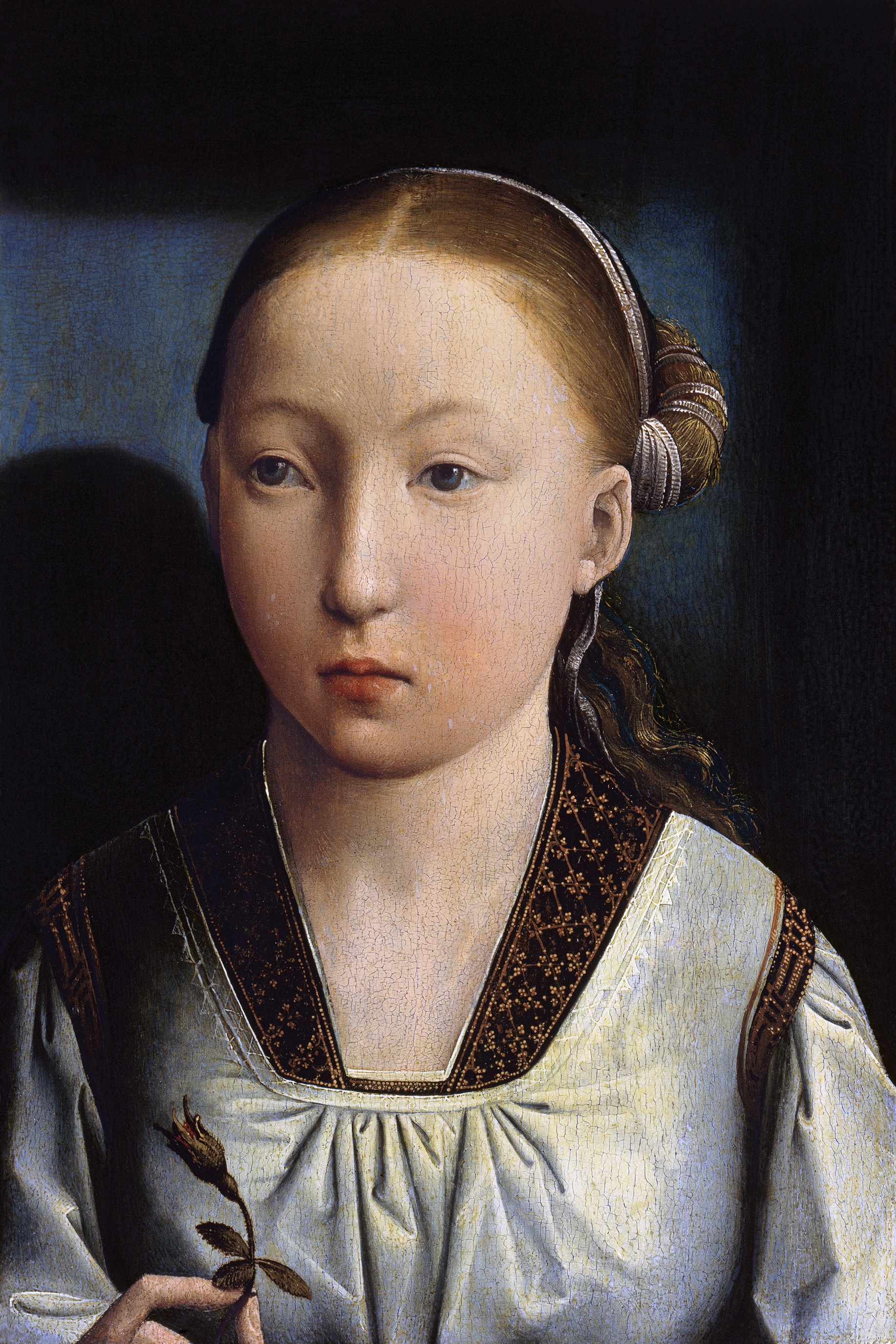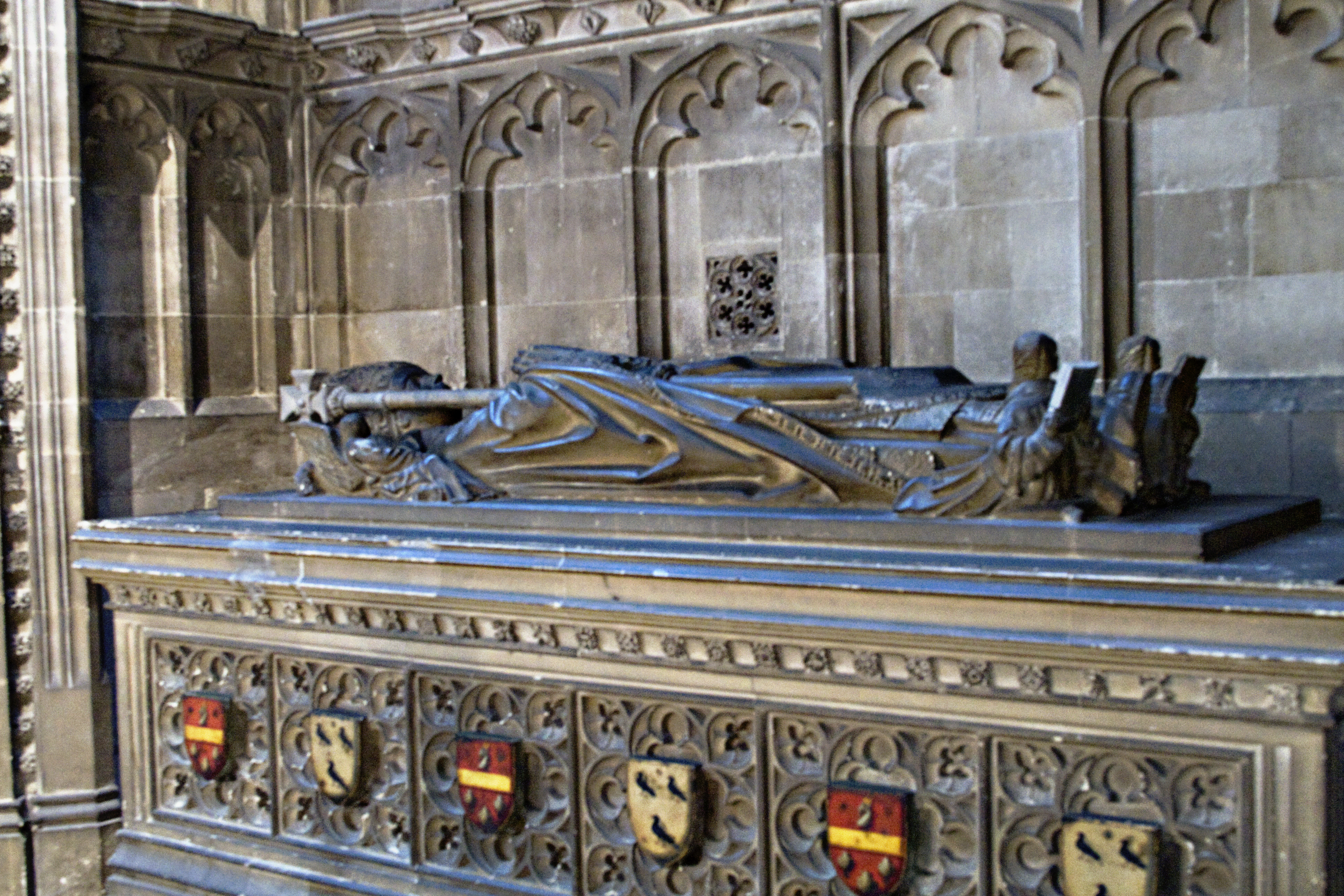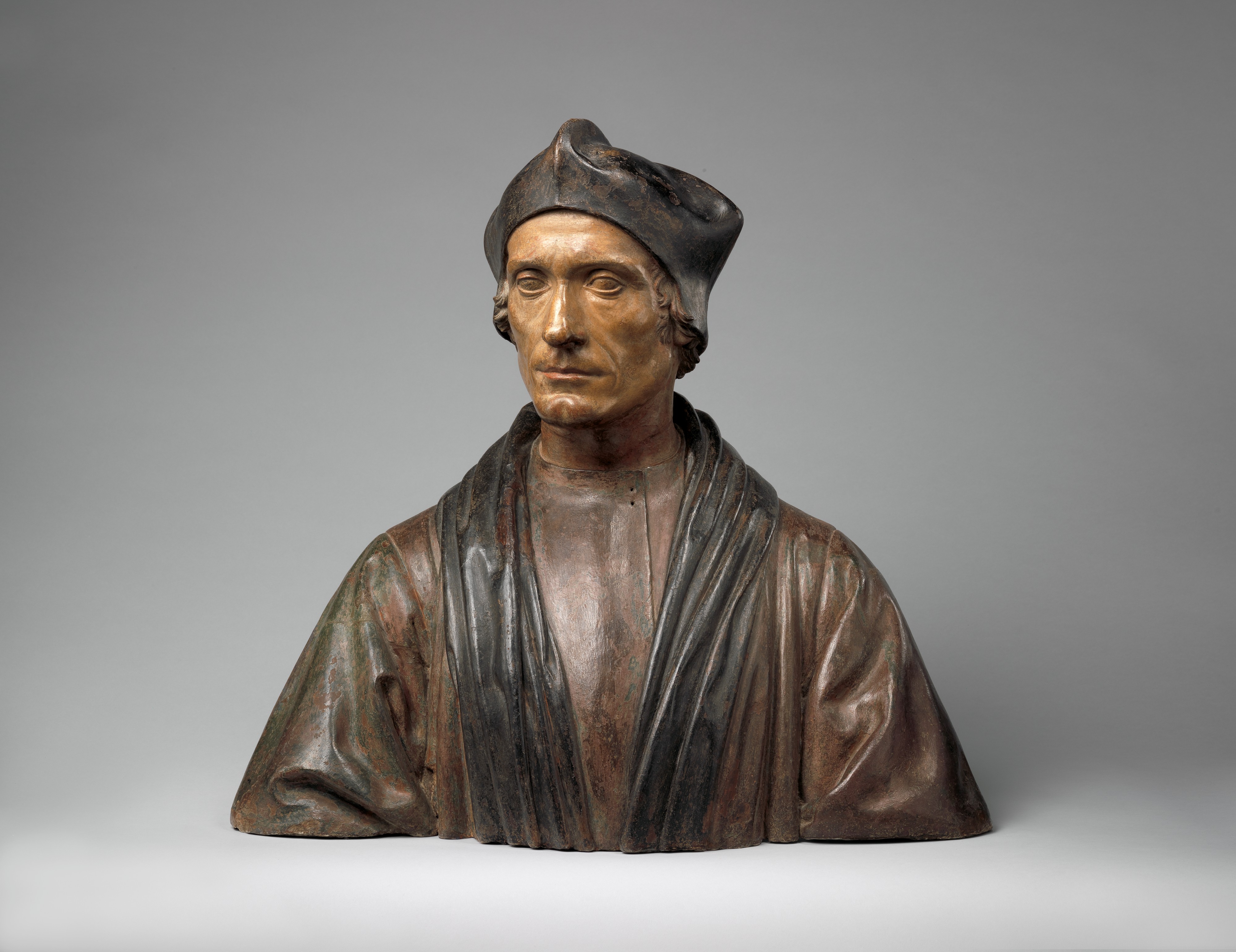|
Richard Croke
Richard Croke (or Crocus) (c. 1489–1558) was an English classical scholar, and a royal tutor and agent. Early life and education He was educated at Eton College.''Concise Dictionary of National Biography''. He took his BA at King's College, Cambridge in 1510, and proceeded to travel. He studied Greek with William Grocyn in London and Oxford, and then with Erasmus and Aleander in Paris in 1511. In 1514, he was called to the University of Leipzig, where he remained for some years. Among his pupils were Joachim Camerarius, Hieronymus Dungersheim, who had studied with Croke in Dresden, and Caspar Creuziger. He was replaced by Petrus Mosellanus. As a young man he was identified as a follower of Erasmus, who at this period was constructing his ''editio princeps'' of the New Testament in Greek (Basle, 1516). Career He was recalled by John Fisher in 1519 to teach Greek at Cambridge; it had been in abeyance since Erasmus's time (1511–1513), and he was Cambridge's second lecturer in ... [...More Info...] [...Related Items...] OR: [Wikipedia] [Google] [Baidu] |
Eton College
Eton College () is a Public school (United Kingdom), public school in Eton, Berkshire, England. It was founded in 1440 by Henry VI of England, Henry VI under the name ''Kynge's College of Our Ladye of Eton besyde Windesore'',Nevill, p. 3 ff. intended as a sister institution to King's College, Cambridge, making it the 18th-oldest Headmasters' and Headmistresses' Conference (HMC) school. Eton is particularly well-known for its history, wealth, and notable alumni, called :People educated at Eton College, Old Etonians. Eton is one of only three Public school (United Kingdom)#21st century, public schools, along with Harrow School, Harrow (1572) and Radley College, Radley (1847), to have retained the boys-only, boarding-only tradition, which means that its boys live at the school seven days a week. The remainder (such as Rugby School, Rugby in 1976, Charterhouse School, Charterhouse in 1971, Westminster School, Westminster in 1973, and Shrewsbury School, Shrewsbury in 2015) have sinc ... [...More Info...] [...Related Items...] OR: [Wikipedia] [Google] [Baidu] |
Conrad Grebel
Conrad Grebel (c. 1498 – 1526), son of a prominent Swiss merchant and councilman, was a co-founder of the Swiss Brethren movement. Early life Conrad Grebel was born, probably in Grüningen in the Canton of Zurich, about 1498 to Junker Jakob and Dorothea (Fries) Grebel, the second of six children. He spent his early life in Grüningen, and then came to Zurich with his family around 1513. He spent several years abroad in study, worked as a proofreader in Basel, married in 1522, and became a Christian minister around 1523. Education Conrad Grebel is thought to have studied for six years at the ''Carolina'', the Latin school of the Grossmünster Church in Zürich. He enrolled at the University of Basel in October 1514. While there he studied under Heinrich Loriti, a noted humanist scholar. His father acquired a stipend from Emperor Maximilian for Conrad to study at the University of Vienna. In 1515 he began attending there and remained until 1518. While there, Grebel develop ... [...More Info...] [...Related Items...] OR: [Wikipedia] [Google] [Baidu] |
Canon Lawyer
Canon law (from grc, κανών, , a 'straight measuring rod, ruler') is a set of ordinances and regulations made by ecclesiastical authority (church leadership) for the government of a Christian organization or church and its members. It is the internal ecclesiastical law, or operational policy, governing the Catholic Church (both the Latin Church and the Eastern Catholic Churches), the Eastern Orthodox and Oriental Orthodox churches, and the individual national churches within the Anglican Communion. The way that such church law is legislated, interpreted and at times adjudicated varies widely among these four bodies of churches. In all three traditions, a canon was originally a rule adopted by a church council; these canons formed the foundation of canon law. Etymology Greek / grc, κανών, Arabic / , Hebrew / , 'straight'; a rule, code, standard, or measure; the root meaning in all these languages is 'reed'; see also the Romance-language ancestors of the English w ... [...More Info...] [...Related Items...] OR: [Wikipedia] [Google] [Baidu] |
Henry FitzRoy, 1st Duke Of Richmond And Somerset
Henry FitzRoy, Duke of Richmond and Somerset, (15 June 1519 – 23 July 1536), was the son of King Henry VIII of England and his mistress, Elizabeth Blount, and the only child born out of wedlock whom Henry VIII acknowledged. He was the younger half-brother of Queen Mary I, as well as the older half-brother of Queen Elizabeth I and King Edward VI. Through his mother, he was the elder half-brother of the 4th Baroness Tailboys of Kyme and of the 2nd and 3rd Barons Tailboys of Kyme. He was named FitzRoy, which is derived from the Norman French term for "son of the king". Birth Henry FitzRoy was born in June 1519. His mother was Elizabeth Blount, Catherine of Aragon's lady-in-waiting, and his father was Henry VIII. FitzRoy was conceived when Queen Catherine was approaching her last confinement with another of Henry's children, a stillborn daughter born in November 1518. To avoid scandal, Blount was taken from Henry's court to the Augustinian priory of St Lawrence a ... [...More Info...] [...Related Items...] OR: [Wikipedia] [Google] [Baidu] |
Catherine Of Aragon
Catherine of Aragon (also spelt as Katherine, ; 16 December 1485 – 7 January 1536) was Queen of England as the first wife of King Henry VIII from their marriage on 11 June 1509 until their annulment on 23 May 1533. She was previously Princess of Wales as the wife of Henry's elder brother, Arthur, Prince of Wales. The daughter of Isabella I of Castile and Ferdinand II of Aragon, Catherine was three years old when she was betrothed to Prince Arthur, heir apparent to the English throne. They married in 1501, but Arthur died five months later. Catherine spent years in limbo, and during this time, she held the position of ambassador of the Aragonese crown to England in 1507, the first known female ambassador in European history. She married Arthur's younger brother, the recently ascended Henry VIII, in 1509. For six months in 1513, she served as regent of England while Henry VIII was in France. During that time the English crushed and defeated a Scottish invasion ... [...More Info...] [...Related Items...] OR: [Wikipedia] [Google] [Baidu] |
Henry VIII Of England
Henry VIII (28 June 149128 January 1547) was King of England from 22 April 1509 until his death in 1547. Henry is best known for his six marriages, and for his efforts to have his first marriage (to Catherine of Aragon) annulled. His disagreement with Pope Clement VII about such an annulment led Henry to initiate the English Reformation, separating the Church of England from papal authority. He appointed himself Supreme Head of the Church of England and dissolved convents and monasteries, for which he was excommunicated by the pope. Henry is also known as "the father of the Royal Navy" as he invested heavily in the navy and increased its size from a few to more than 50 ships, and established the Navy Board. Domestically, Henry is known for his radical changes to the English Constitution, ushering in the theory of the divine right of kings in opposition to papal supremacy. He also greatly expanded royal power during his reign. He frequently used charges of treason an ... [...More Info...] [...Related Items...] OR: [Wikipedia] [Google] [Baidu] |
Doctor Of Divinity
A Doctor of Divinity (D.D. or DDiv; la, Doctor Divinitatis) is the holder of an advanced academic degree in divinity. In the United Kingdom, it is considered an advanced doctoral degree. At the University of Oxford, doctors of divinity are ranked first in "academic precedence and standing", while at the University of Cambridge they rank ahead of all other doctors in the "order of seniority of graduates". In some countries, such as in the United States, the degree of doctor of divinity is usually an honorary degree and not a research or academic degree. Doctor of Divinity by country or church British Isles In the United Kingdom and Ireland, the degree is a higher doctorate conferred by universities upon a religious scholar of standing and distinction, usually for accomplishments beyond the Ph.D. level. Bishops of the Church of England have traditionally held Oxford, Cambridge, Dublin, or Lambeth degrees making them doctors of divinity. At the University of Oxford, do ... [...More Info...] [...Related Items...] OR: [Wikipedia] [Google] [Baidu] |
St John's College, Cambridge
St John's College is a constituent college of the University of Cambridge founded by the Tudor matriarch Lady Margaret Beaufort. In constitutional terms, the college is a charitable corporation established by a charter dated 9 April 1511. The full, formal name of the college is the College of St John the Evangelist in the University of Cambridge. The aims of the college, as specified by its statutes, are the promotion of education, religion, learning and research. It is one of the larger Oxbridge colleges in terms of student numbers. For 2022, St John's was ranked 6th of 29 colleges in the Tompkins Table (the annual league table of Cambridge colleges) with over 35 per cent of its students earning first-class honours. College alumni include the winners of twelve Nobel Prizes, seven prime ministers and twelve archbishops of various countries, at least two princes and three saints."Johnian Nobel Laureates". St John's College, Cambridge. 2016. Retrieved 5 May 2016. http://www. ... [...More Info...] [...Related Items...] OR: [Wikipedia] [Google] [Baidu] |
Archbishop Warham
William Warham ( – 22 August 1532) was the Archbishop of Canterbury from 1503 to his death. Early life and education Warham was the son of Robert Warham of Malshanger in Hampshire. He was educated at Winchester College and New College, Oxford. Legal career After graduating, Warham practised and taught law both in London and Oxford. His father was a tenant farmer, but his brother, Sir Hugh Warham, acquired an estate at Croydon, which passed to his daughter Agnes, who married Sir Anthony St Leger. Bishopric Later, Warham took holy orders, held two livings (Barley and Cottenham) and became Master of the Rolls in 1494. Henry VII found him a useful and clever diplomatist. He helped to arrange the marriage between Henry's son, Arthur, Prince of Wales, and Catherine of Aragon. He went to Scotland with Richard Foxe, then bishop of Durham, in 1497. He was partly responsible for several commercial and other treaties with Maximilian I, Holy Roman Emperor, also Count of Flanders a ... [...More Info...] [...Related Items...] OR: [Wikipedia] [Google] [Baidu] |
Master Of Arts (Oxbridge)
In the universities of Oxford, Cambridge, and Dublin, Bachelors of Arts are promoted to the degree of Master of Arts or Master in Arts (MA) on application after six or seven years' seniority as members of the university (including years as an undergraduate). It is an academic rank indicating seniority, and not an additional postgraduate qualification, and within the universities there are in fact no postgraduate degrees which result in the postnominals 'MA'. No further examination or study is required for this promotion and it is equivalent to undergraduate degrees awarded by other universities. This practice differs from most other universities worldwide, at which the degree reflects further postgraduate study or achievement. These degrees are therefore sometimes referred to as the Oxford and Cambridge MA and the Dublin or Trinity MA, to draw attention to the difference. However, as with gaining a postgraduate degree from another university, once incepted and promoted to a Maste ... [...More Info...] [...Related Items...] OR: [Wikipedia] [Google] [Baidu] |
John Fisher
John Fisher (c. 19 October 1469 – 22 June 1535) was an English Catholic bishop, cardinal, and theologian. Fisher was also an academic and Chancellor of the University of Cambridge. He was canonized by Pope Pius XI. Fisher was executed by order of Henry VIII during the English Reformation for refusing to accept him as the supreme head of the Church of England and for upholding the Catholic Church's doctrine of papal supremacy. He was named a cardinal shortly before his death. He is honoured as a martyr and saint by the Catholic Church. He shares his feast day with Thomas More on 22 June in the Catholic calendar of saints and on 6 July in that of the Church of England. Early life John Fisher was born in Beverley, Yorkshire, in 1469, the eldest son of Robert Fisher, a modestly prosperous merchant of Beverley, and Agnes, his wife. He was one of four children. His father died when John was eight. His mother remarried and had five more children by her second husband, William ... [...More Info...] [...Related Items...] OR: [Wikipedia] [Google] [Baidu] |






